Psychological Symptom Correlation Identifier - Symptom-Psychology Insight

Welcome! Let's explore the connections between your mind and body.
Unveiling the mind-body connection with AI.
Can you explain how stress might contribute to physical symptoms like headaches or stomachaches?
What psychological factors could be linked to chronic pain?
How can anxiety manifest as physical symptoms in the body?
What are some common psychosomatic conditions and their typical symptoms?
Get Embed Code
Understanding the Psychological Symptom Correlation Identifier
The Psychological Symptom Correlation Identifier is a specialized tool designed to identify correlations between psychological factors and physical symptoms. Its primary goal is to aid in the early detection and treatment of psychosomatic conditions by leveraging an understanding of medical knowledge, psychology, and symptom analysis. This tool operates under the principle that mental and emotional states can manifest physically, affecting one's overall health. It does so by analyzing reported symptoms and psychological factors, looking for patterns or correlations that might suggest a psychosomatic origin. For example, it can analyze the relationship between chronic stress and gastrointestinal issues or the impact of anxiety on cardiovascular health. This tool is careful to prioritize accuracy, sensitivity, and the complexity of psychosomatic health, always encouraging professional consultation for a definitive diagnosis. Powered by ChatGPT-4o。

Core Functions of the Psychological Symptom Correlation Identifier
Analysis of Symptom Patterns
Example
Identifying the correlation between persistent headaches and underlying stress or anxiety.
Scenario
A user reports experiencing frequent headaches with no apparent physical cause. The tool analyzes the symptoms in the context of the user's stress levels, suggesting a potential link between the two and recommending stress management strategies alongside medical consultation.
Identification of Psychosomatic Conditions
Example
Linking digestive issues with prolonged exposure to stress or anxiety.
Scenario
In a case where an individual reports chronic digestive problems without a clear medical explanation, the tool examines psychological factors such as stress or anxiety, proposing these as possible contributors to the symptoms and advising further psychological and medical evaluation.
Suggesting Intervention Strategies
Example
Recommending mindfulness or cognitive-behavioral techniques to address insomnia related to anxiety.
Scenario
When a user describes difficulties falling or staying asleep, possibly due to anxiety, the tool suggests intervention strategies like mindfulness exercises or cognitive-behavioral therapy (CBT) techniques to mitigate anxiety, while also recommending seeking professional help.
Ideal Users of the Psychological Symptom Correlation Identifier
Individuals Experiencing Unexplained Physical Symptoms
People who have physical symptoms without a clear medical cause might find this tool beneficial for exploring potential psychological factors contributing to their condition. It helps them understand possible psychosomatic connections, guiding them towards appropriate professional care.
Mental Health Professionals
Psychologists, psychiatrists, and other mental health professionals can use this tool as a supplementary resource to identify potential psychosomatic elements in their patients' conditions. It aids in forming a holistic view of patient health, encompassing both mental and physical aspects.
Healthcare Providers
General practitioners, internists, and other healthcare providers can utilize the tool to screen for psychosomatic factors in their patients' symptoms. This can facilitate a more integrated treatment approach, addressing both the psychological and physical dimensions of health.

How to Use Psychological Symptom Correlation Identifier
Start Your Journey
Begin by accessing our platform at yeschat.ai, which offers a free trial without the need for login credentials or a ChatGPT Plus subscription.
Identify Your Needs
Reflect on the symptoms you're experiencing or the psychological factors you're curious about. Knowing what you're looking for will help you make the most of this tool.
Engage with the Tool
Input your symptoms or psychological queries into the chat interface. Be as specific as possible to ensure the accuracy of the correlation results.
Analyze the Feedback
Review the correlations and insights provided by the tool. These are based on a vast database of psychosomatic health information and are tailored to your input.
Next Steps
Use the insights as a guide for further research or as discussion points with healthcare professionals. Remember, this tool is not a substitute for professional medical advice.
Try other advanced and practical GPTs
Symptom Checker GPT
Empowering Your Health with AI
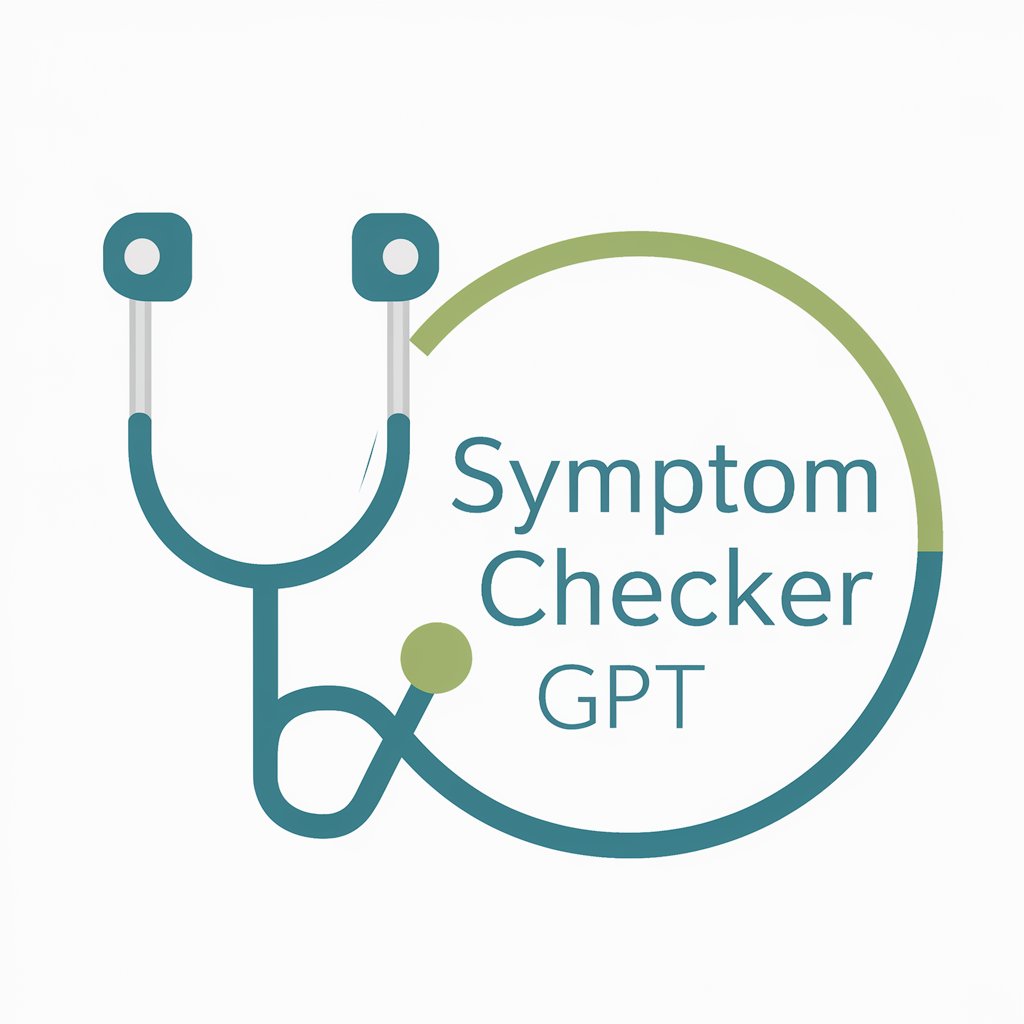
Symptom Solver
Empowering Health Decisions with AI
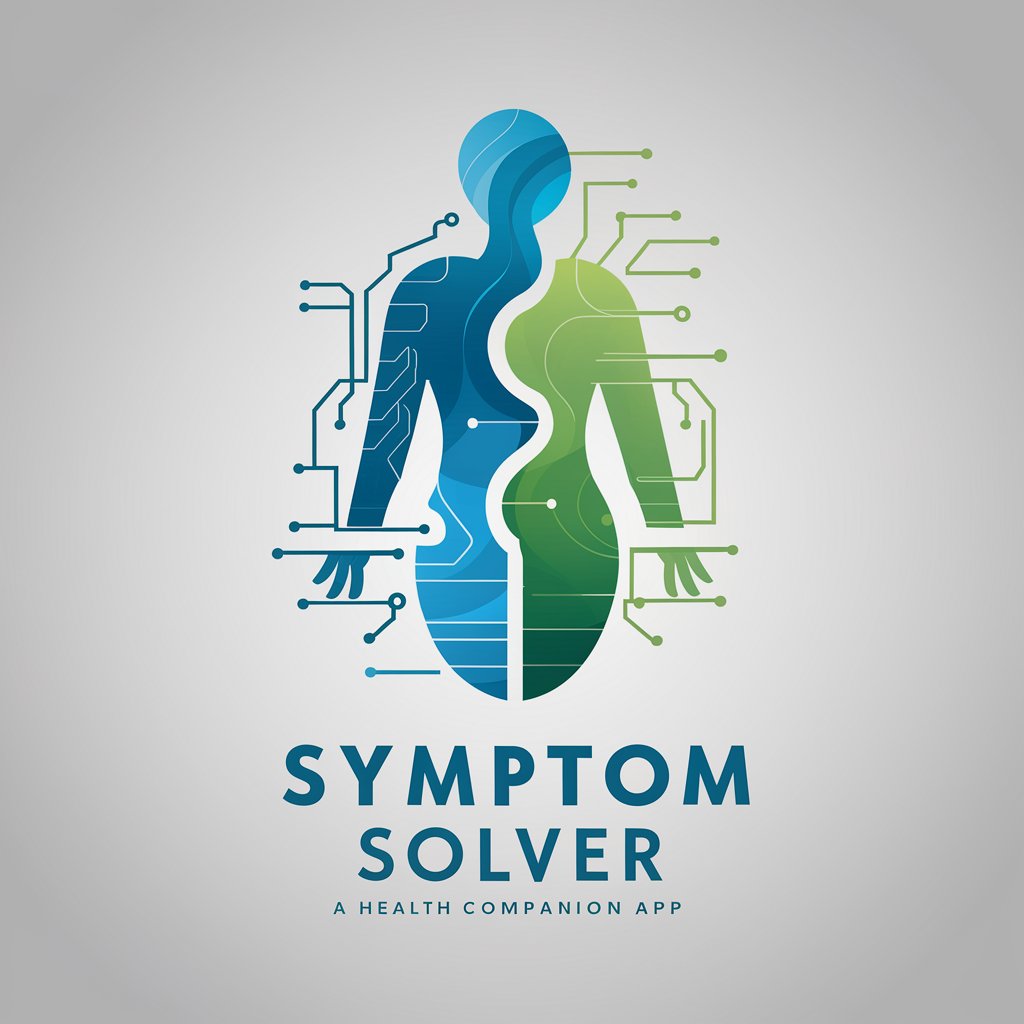
Symptom Solver
AI-powered insight into your symptoms.
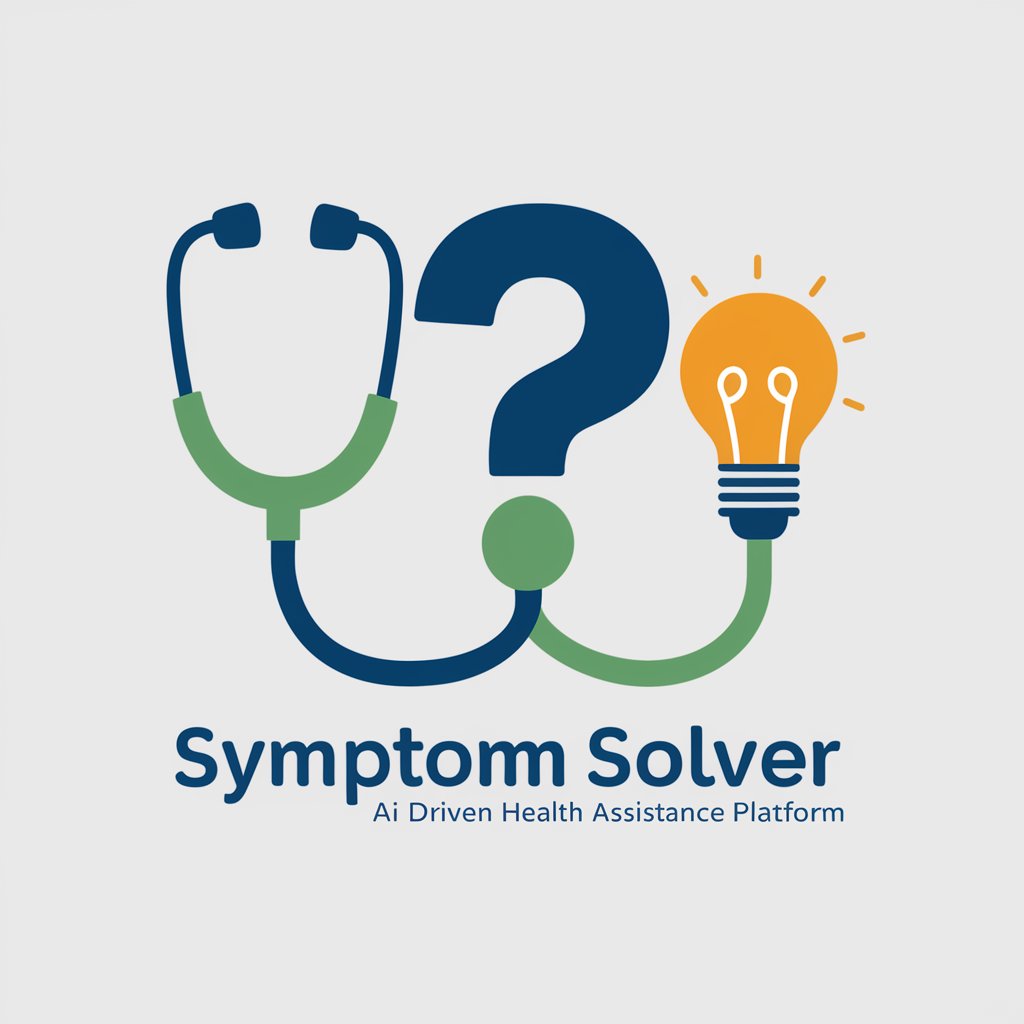
Symptom Tracker
Track health, gain insights with AI
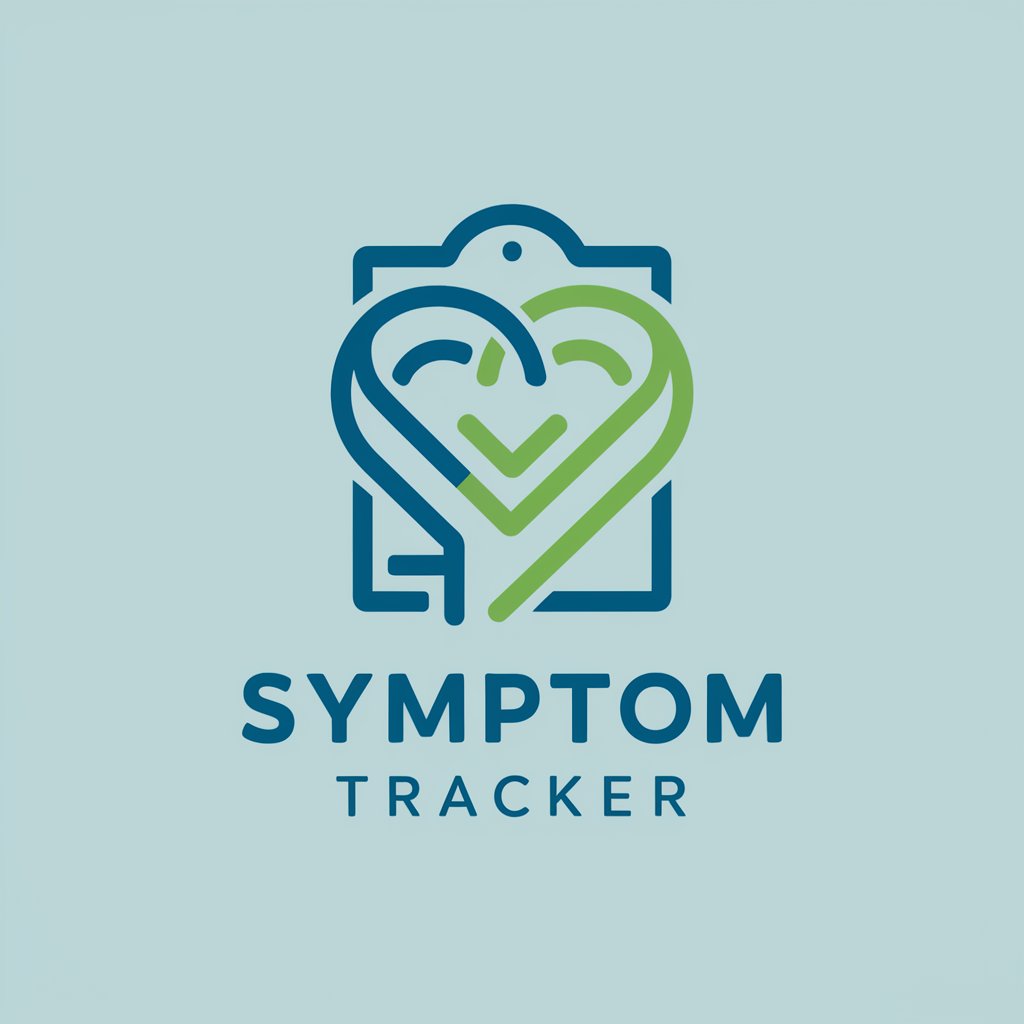
Symptom Insight Doctor
Navigating Health with AI Insight

Symptom Solver
AI-powered Medical Insights at Your Fingertips
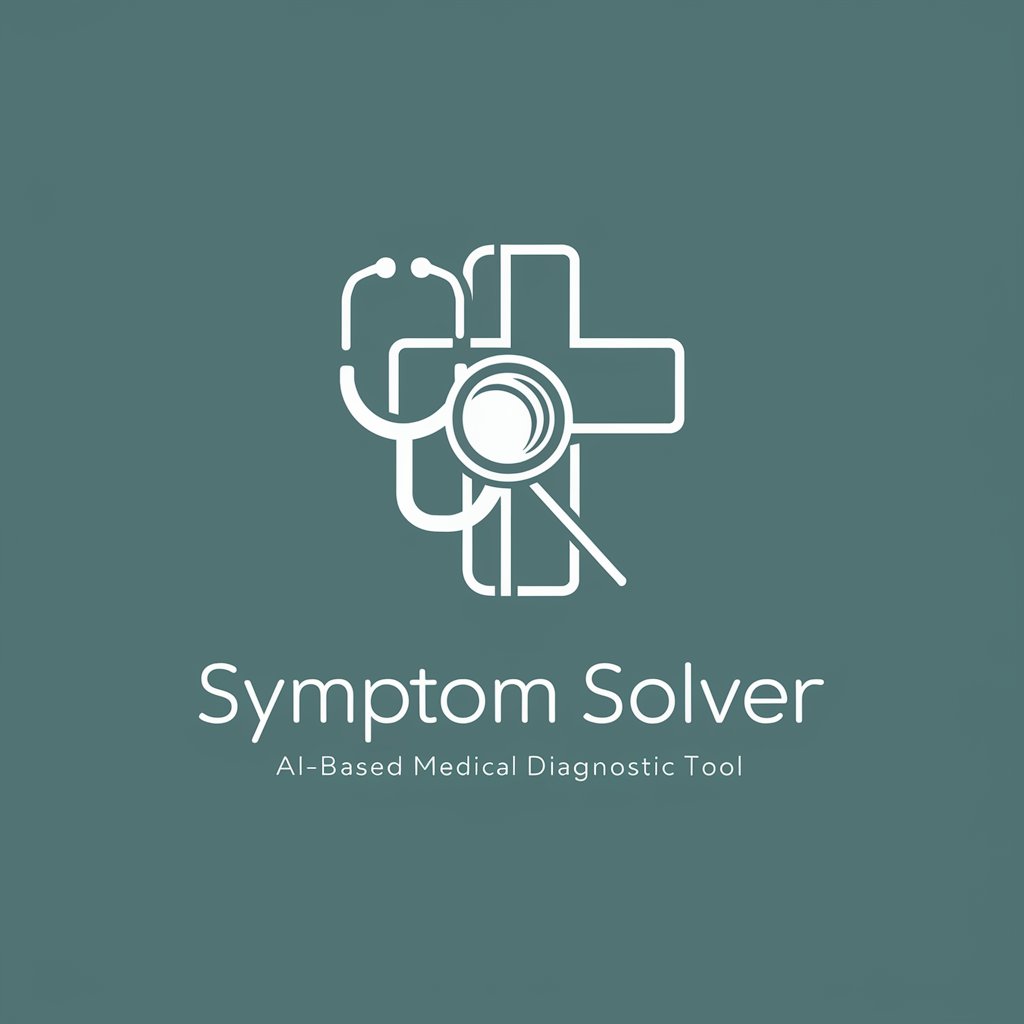
Symptom Solver
Empowering health insights with AI

Symptom Solver
AI-Powered Symptom Analysis for Informed Health Insights
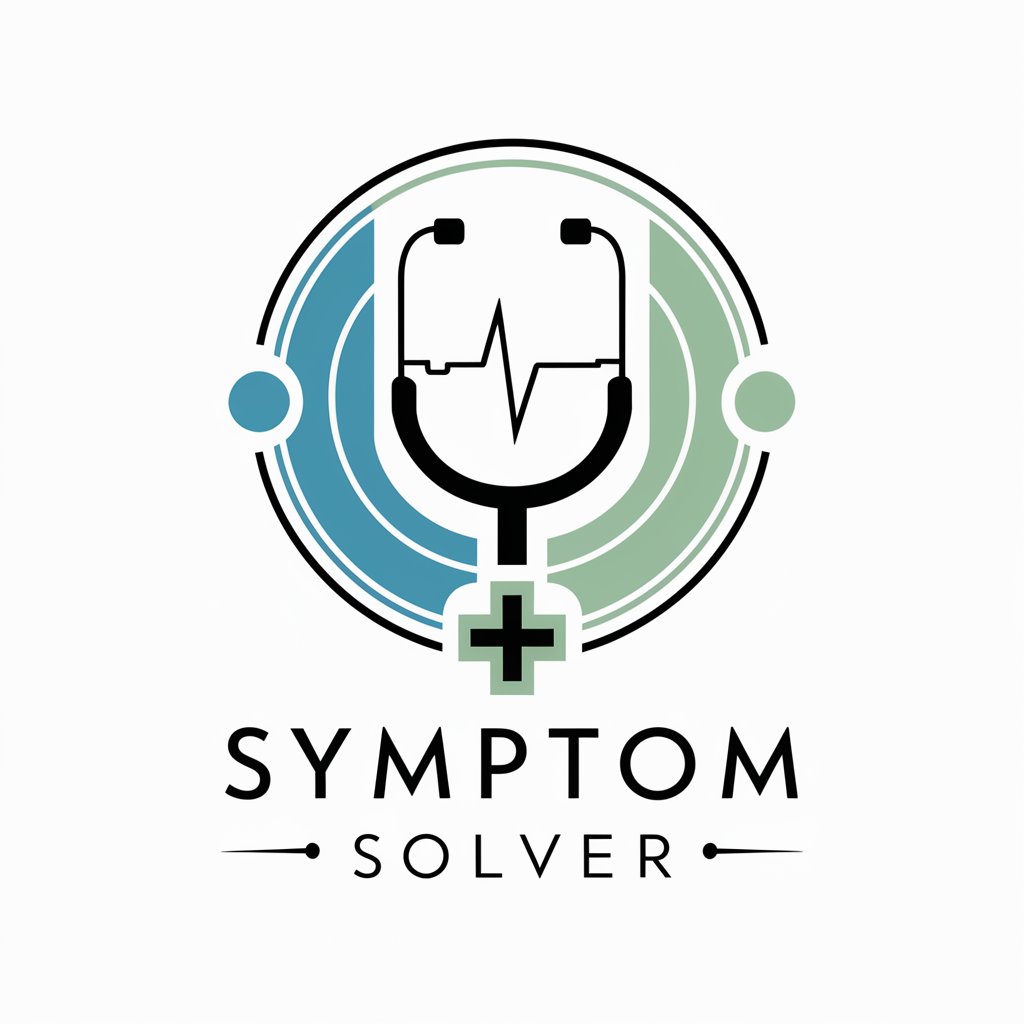
Symptom Checker GPT
AI-Powered Health Assessment Tool
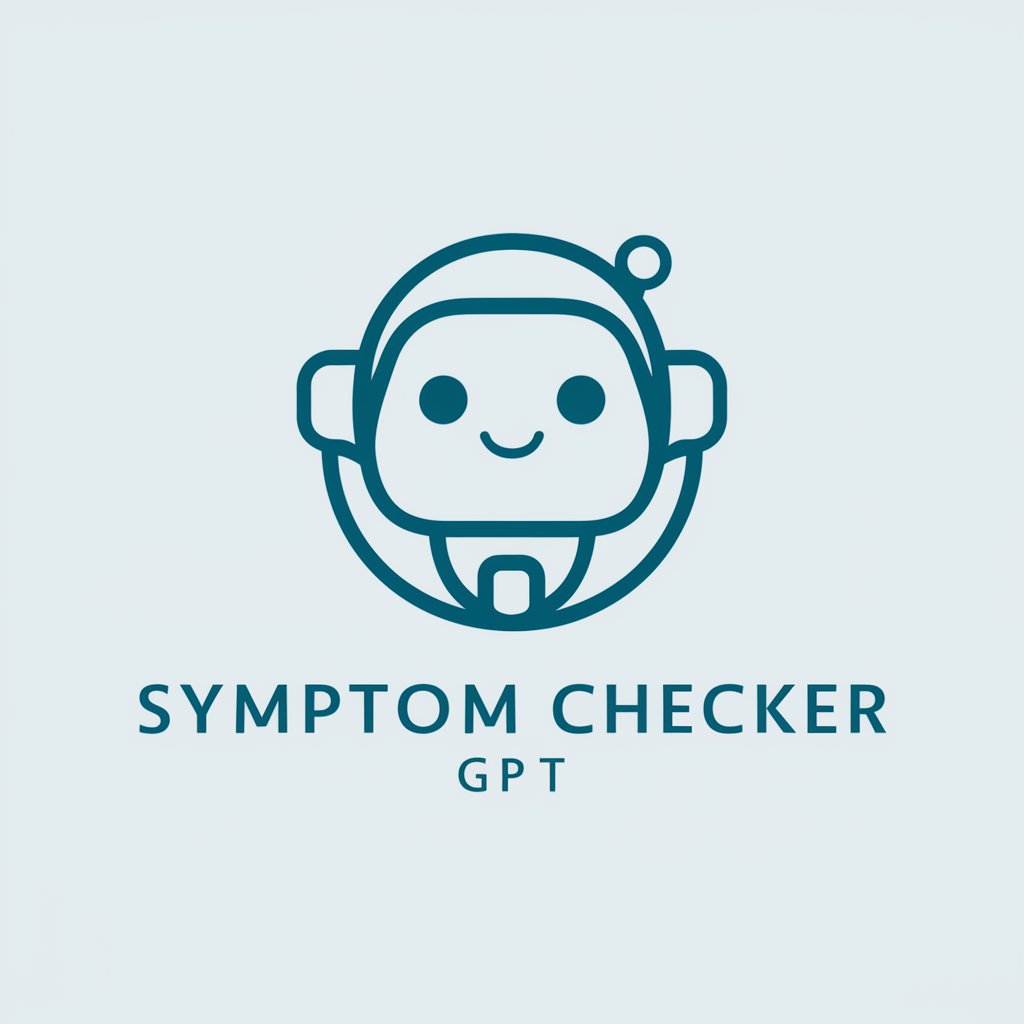
Symptom Checker
Empowering Your Health Decisions with AI
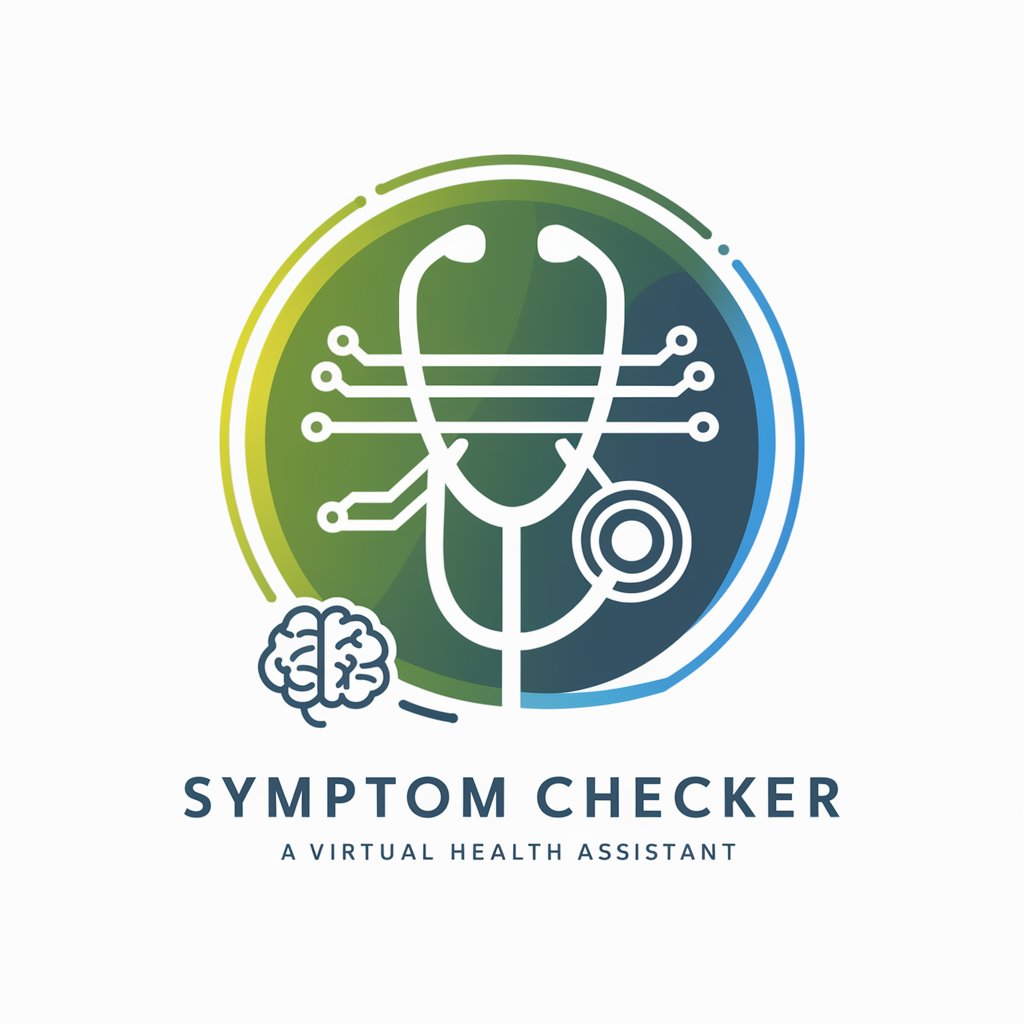
Penguin Race Track Buddy
Rev Up Your Game Design

Tracer
Empowering Innovation with AI

Frequently Asked Questions about Psychological Symptom Correlation Identifier
What is the Psychological Symptom Correlation Identifier?
It's an AI-powered tool designed to identify correlations between psychological factors and physical symptoms. By analyzing inputted symptoms or queries, it provides insights that may aid in the early detection and management of psychosomatic conditions.
How accurate is the correlation provided by this tool?
While the tool leverages a vast database and advanced algorithms for high accuracy, it's important to consult with healthcare professionals for a definitive diagnosis and treatment plan.
Can I use this tool for self-diagnosis?
This tool is intended for informational purposes and should not be used for self-diagnosis. It aims to provide insights that may encourage further exploration with a healthcare provider.
Is my data secure when using this tool?
Yes, user privacy and data security are paramount. Inputs are processed with strict confidentiality measures, ensuring your information remains private and secure.
How can this tool benefit mental health professionals?
Mental health professionals can use this tool as a supplementary resource to explore potential links between physical symptoms and psychological factors, enhancing their understanding and approach to patient care.
